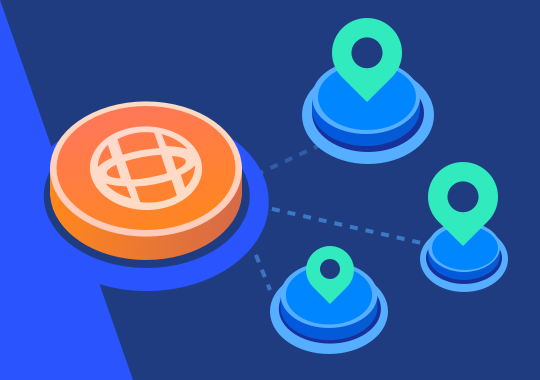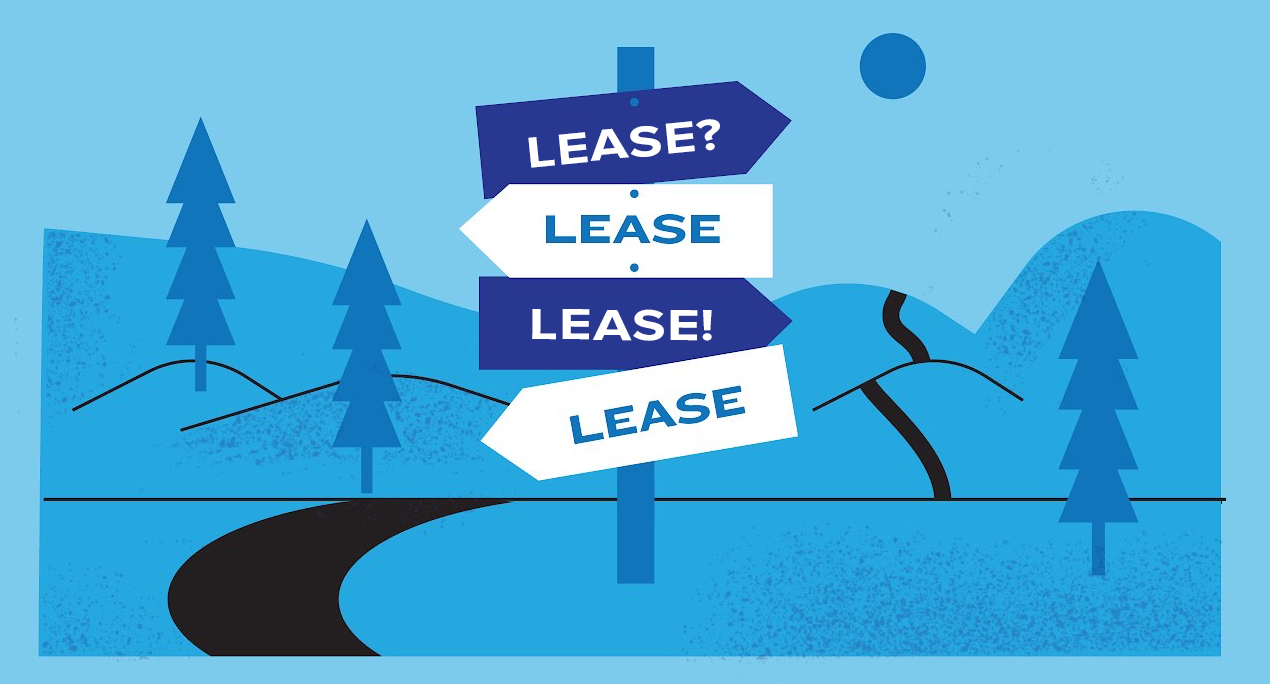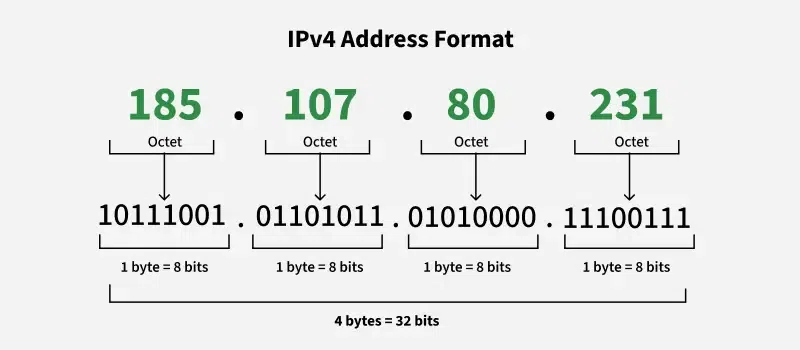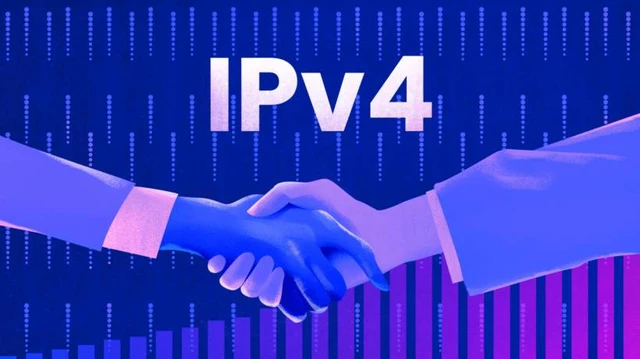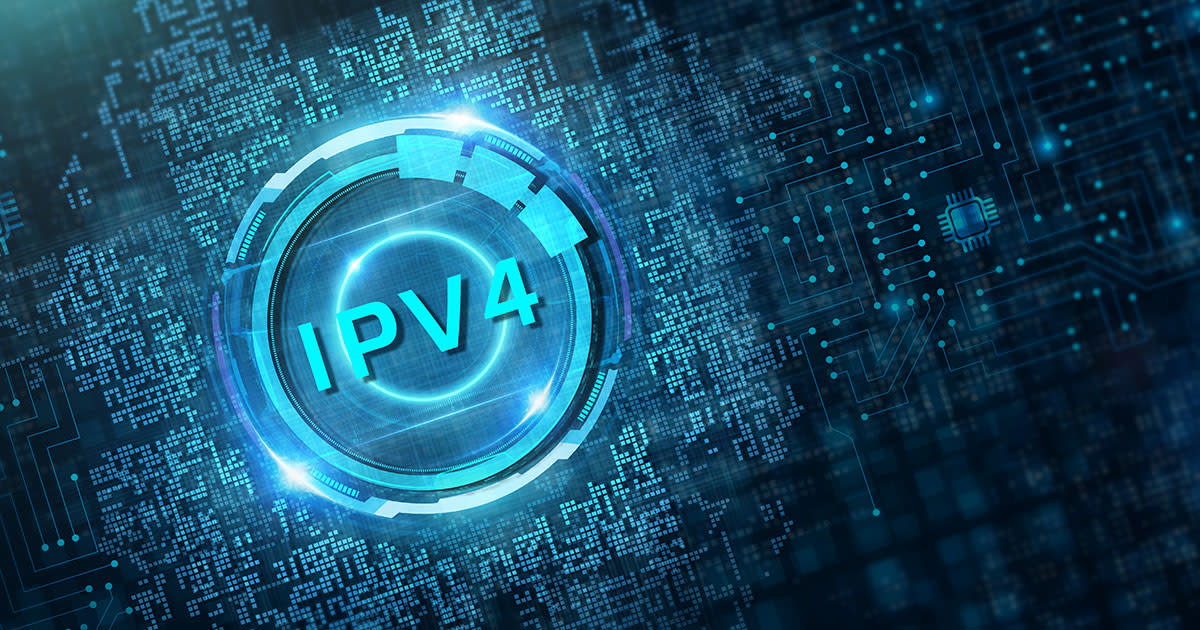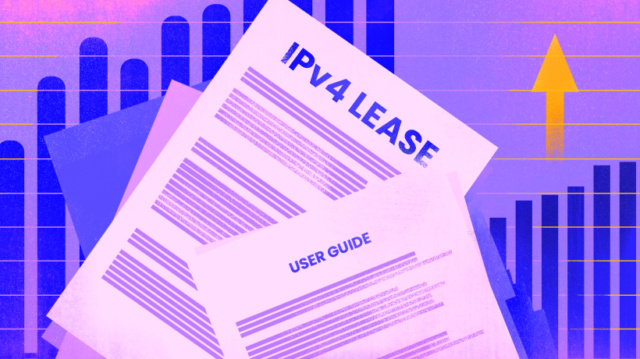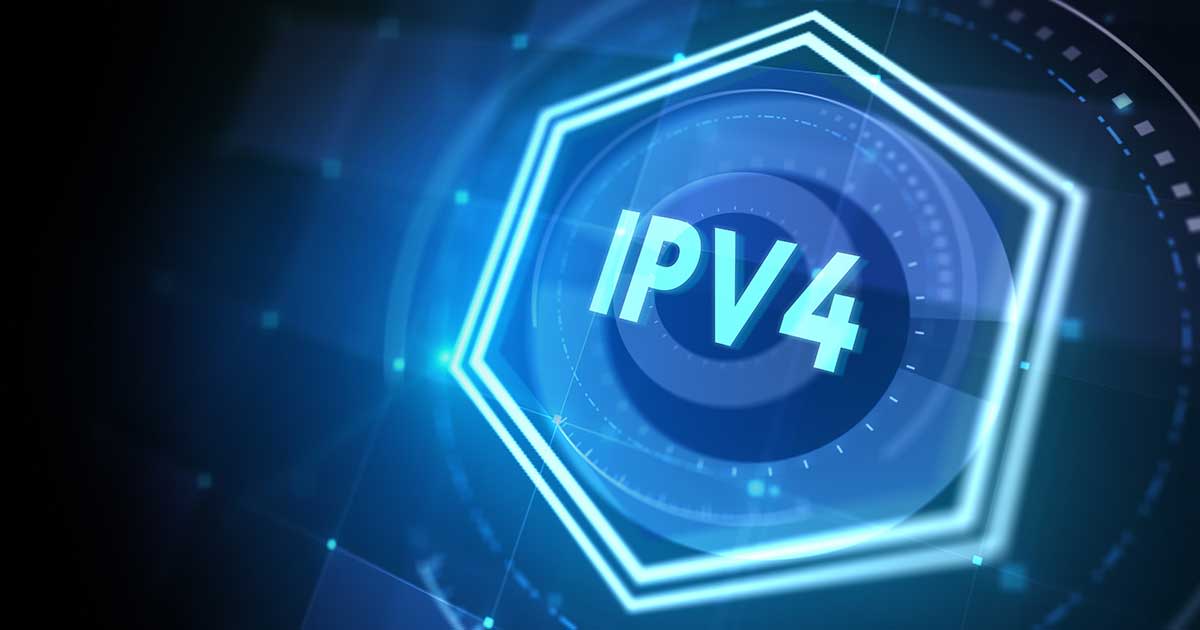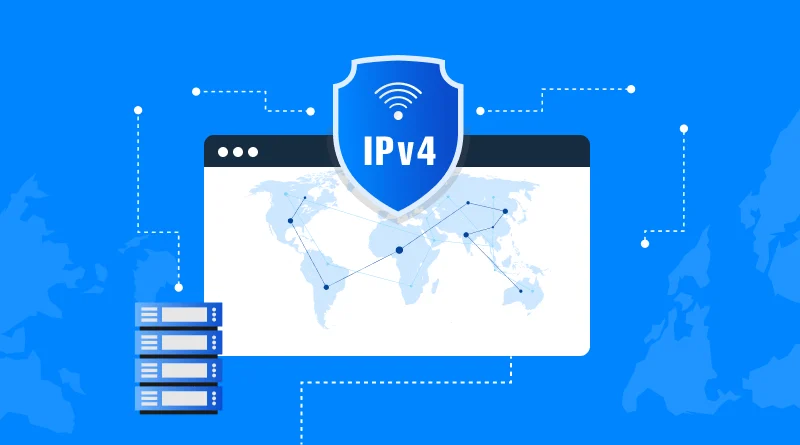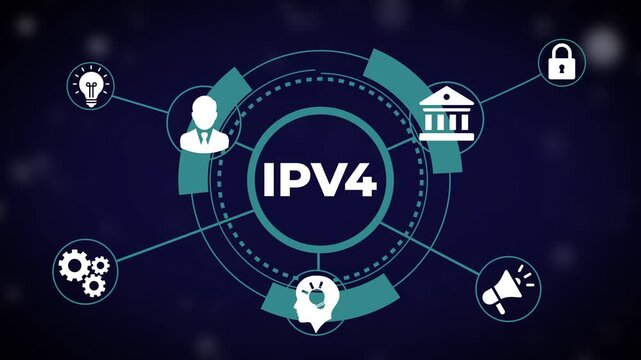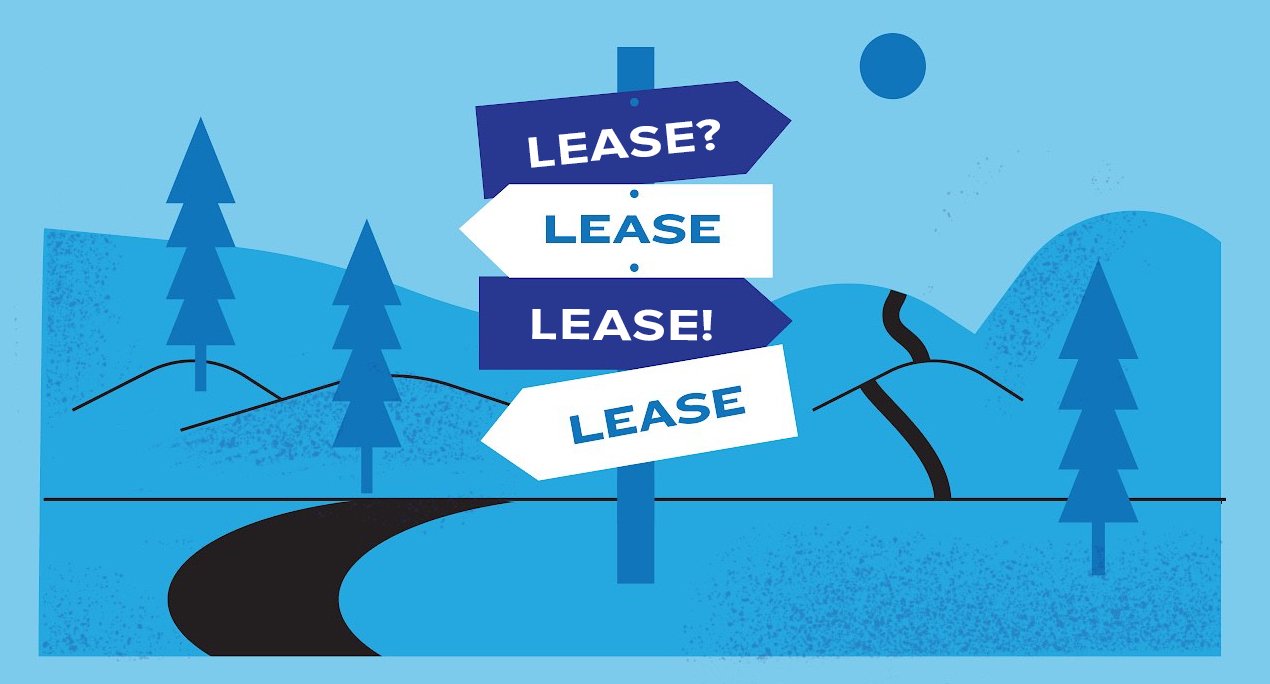IPv4 Address Renting Time: Factors That Influence Lease Length
IPv4 addresses play a significant role in ensuring the connection and communication of devices through the internet. Organizations choose to lease or rent these services to ensure an easy network operation without the large blocks. With leasing, there is flexibility, and networks are much easier to change as the requirements vary. These leases may range … Read more
